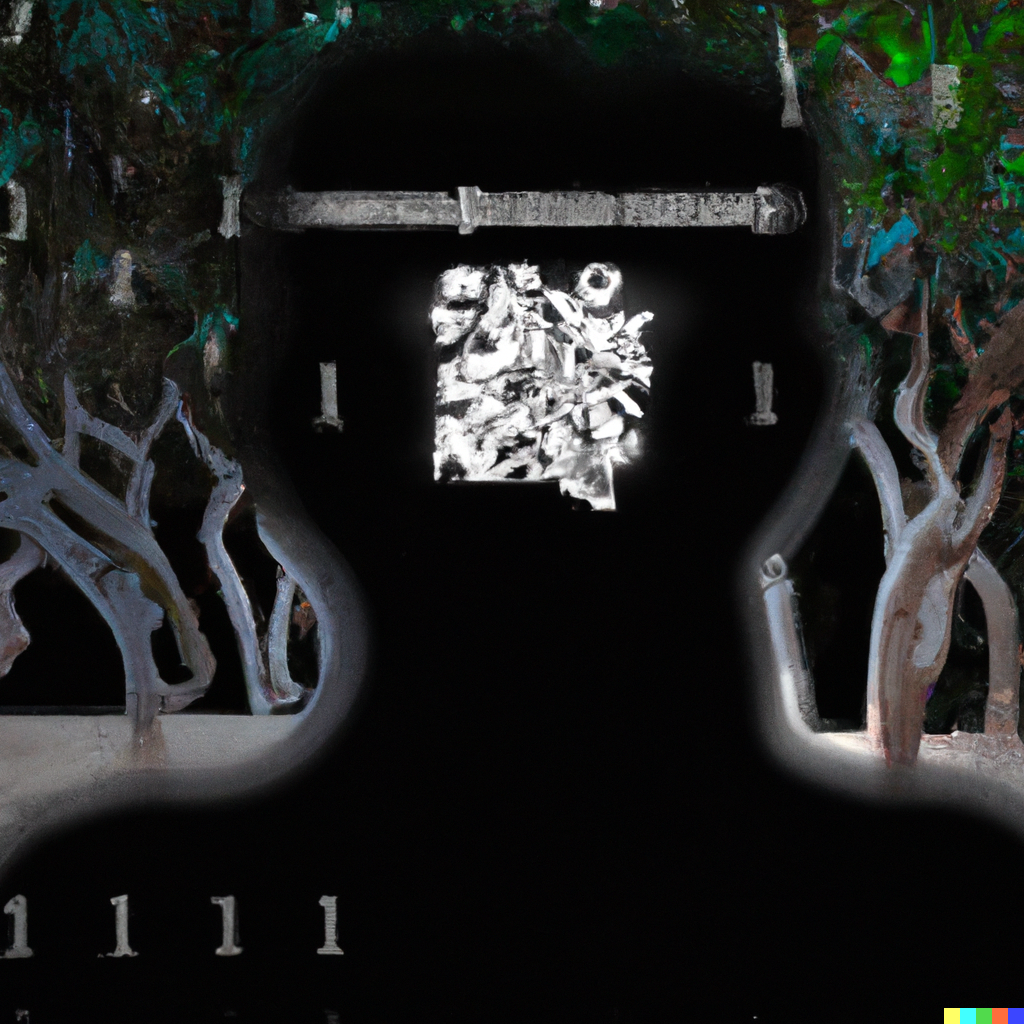The Dark Side of ChatGPT and Artificial Intelligence
In recent years, advancements in artificial intelligence (AI) have revolutionized the way we live and work. From self-driving cars to virtual assistants, AI has made our lives easier and more convenient. However, as we continue to explore the potential of AI, it’s important to also consider the dark side of this technology.
ChatGPT is one example of the power and potential dangers of AI. As a language model developed by OpenAI, ChatGPT can generate human-like text responses to questions and requests. While this is a remarkable feat, it also raises concerns about the potential misuse of AI.
One of the biggest concerns with AI is the issue of bias. AI models, including ChatGPT, are trained on large amounts of data, which can include implicit biases. This can lead to discriminatory outcomes, as the AI may perpetuate and even amplify existing biases. For example, a language model trained on biased data may generate responses that reinforce harmful stereotypes.
Another concern is the potential for AI to be used for malicious purposes. As AI models like ChatGPT become more advanced, they could be used to generate fake news, propaganda, or even malicious software. This could have serious consequences, as it becomes increasingly difficult to distinguish between real and fake information.
The use of AI in sensitive fields such as criminal justice and healthcare also raises ethical concerns. In these fields, decisions made by AI could have serious consequences, including the potential for wrongful convictions and incorrect medical diagnoses. As AI becomes more widely used, it’s important to ensure that it is regulated and monitored to minimize the potential for harm.
In conclusion, as we continue to explore the potential of AI, it’s important to also consider the dark side of this technology. While AI has the potential to improve our lives in many ways, we must be aware of the potential dangers and ensure that it is used in a responsible and ethical manner.
